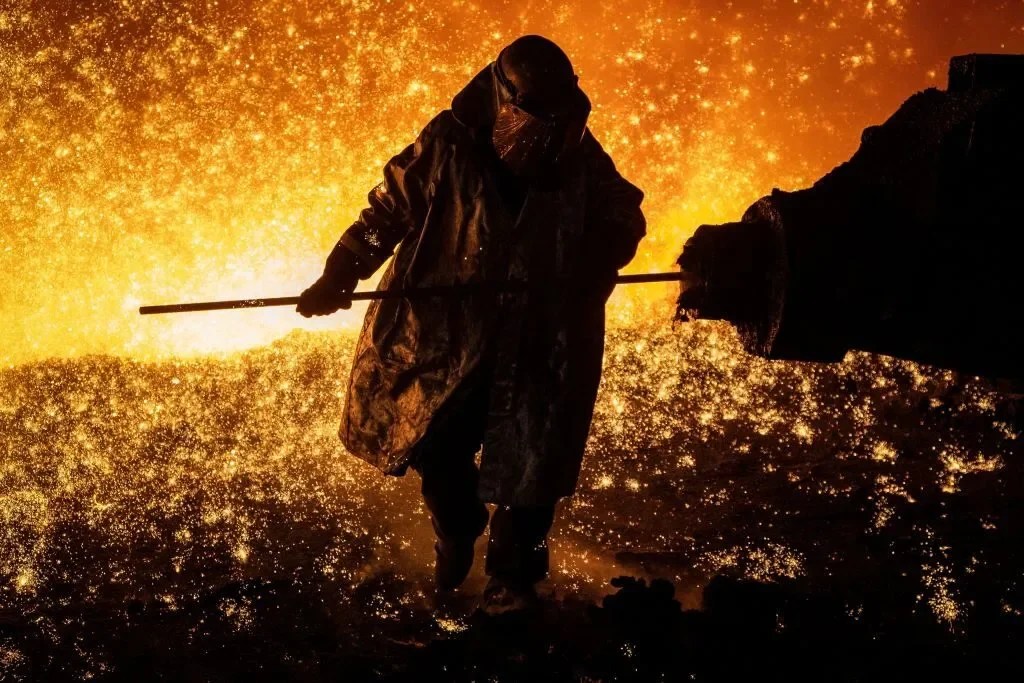In a saga that has dragged on for months, the government is now planning to quietly offload British Steel to a private buyer, sweetened by the promise of hundreds of millions of pounds worth of public subsidies.
With four out of five UK steelmakers in foreign ownership, the likelihood of a British private buyer is minimal. None of the privately-owned steelmakers are performing well, yet strategic businesses continue to be transferred to overseas owners. The question remains: is this really the best approach?
The state is so bereft of ideas that we are going down the same road that we know leads to failure. The irony is that the UK got into this mess because of the fire sale of British Steel to China only six years ago.
The British government might dismiss this as unimportant were it not being floated alongside plans for 13 new munitions factories — facilities that will rely on a functioning domestic steel industry. The defence of the realm is at stake, yet policy continues to move in a direction that undermines the very industrial base required for national security.
The UK’s industrial strategy is now framed by the idea of British unexceptionalism. We cannot run our own businesses, make our own steel or protect our strategic industries. Instead, the UK must inevitably bend to international competitors and accept the consequences. The need for certain industries, such as steel, is acknowledged, yet the preference remains for having the work done elsewhere, ideally at the lowest possible cost. In the warm glow of Nineties internationalism, this could be forgiven; in the present climate of geopolitical insecurity and great-power competition, it stands as unforgivable naïvety.
The nationalisation hokey-cokey echoes the childish arguments that once dominated debate about the European Union. Politicians and commentators would routinely rail against Brussels, even when their complaints concerned policies entirely within domestic control, which were never acted upon. The “Lexit” dispute over supposed barriers to nationalisation is a textbook case. Protection for domestic industries could have been introduced at any point; blaming an external actor, preferably overseas, was simply easier.
Earlier this year, during the emergency debate on British Steel then Business Secretary, Jonathan Reynolds said that “steel is fundamental to Britain’s industrial strength, our security and our identity as a primary global power.” If that’s the case, the UK should take responsibility for it and create a British-made solution to the problem, including a full nationalisation of the steel industry. If steel is as vital as ministers claim, then the UK should stop outsourcing responsibility and start taking control.











Join the discussion
Join like minded readers that support our journalism by becoming a paid subscriber
To join the discussion in the comments, become a paid subscriber.
Join like minded readers that support our journalism, read unlimited articles and enjoy other subscriber-only benefits.
Subscribe